The Georgia Force head coach had a simple message for his players, who had been spending weeks demanding to know when—if ever—they’d be paid for their work. “It’s adversity,” is how Justin Arth remembered Force head coach Durwood Roquemore phrasing it when the promised checks hadn’t arrived following their first Arena Football League game April 29.
“It’s adversity,” the 64-year-old former NFL cornerback and Arena League mainstay insisted. “Just keep showing up; make them pay you.”
By that point, Arth had gone from concerned to flabbergasted at his employer’s behavior. The 25-year-old quarterback and Georgia native had come into the season with high hopes. But from the jump, nothing had gone right, according to four Force players who spoke with Front Office Sports.
Their first team meeting was held at a nondescript hotel room, with little talk of strategy. When they finally got out onto the practice field April 15, no one had procured any footballs, let alone pads and helmets. Per diem or money for meals was out of the question. The schedule was constantly changing. The team didn’t have a trainer; players had to buy tape from a local sporting goods store or beg an opponent for help. On one occasion, Roquemore levied what felt like a threat to wide receiver JoJo Spann.
“I got 10-plus people on the line,” waiting to take their jobs if they were unhappy about the unpaid salaries and wanted to leave, Spann recalled being told. To him, it was “a situation of ‘where else would y’all go?’”
Arth and his Force teammates were not alone. At every level of the AFL, which relaunched in February 2023 after a little more than three years in dormancy, frustration about the unstable finances, the subpar playing conditions, and the failures of the league office were growing. As of publication, five of the 16 teams had folded; a promised TV deal with the NFL Network never materialized; and AFL commissioner Lee Hutton, who had seemingly gone into hiding, was called on to resign. (On May 13, he was ousted and replaced by longtime NFL coach Jeff Fisher.) The question of whether this iteration of the AFL would make it through an entire season was already weighing heavily on the Force, when a text from Roquemore landed in their group chat on the evening of May 9, informing them that the team was kaput.
“I just got off the phone with Lee Hutton the AFL Commissioner,” Roquemore wrote in a text message viewed by FOS. He shared Hutton’s number and added, “He said the Georgia Force has been folded and they have no money to pay myself or the players.”
A few players expressed their anger at the coach in colorful language; some did contact the provided number. Roquemore’s only response in the group chat was: “Players in the hotel have to be out by Saturday [May 11] midnight.”
Beyond the shock of losing their jobs, players were enraged by Roquemore’s claim that he hadn’t gotten any money either. According to two Georgia Force players, Roquemore previously told them he had in fact been paid in full.
Roquemore had cited his payment as a reason they should have faith in the AFL and the Georgia Force’s long-term prospects, the players say.
“[Roquemore] was a guy I trusted,” defensive specialist Dominique Patterson said. “He met my mom and everything.” He’d been Patterson’s coach at Fort Valley State University in Georgia, and when Roquemore called to recruit him to the AFL, he specifically mentioned that his checks had come through. Patterson still hasn’t gotten a dime, and he was stuck in the hotel with six other players when he spoke to FOS on May 12. By that evening, friends had lent him enough money to return home.
Arth and others quickly organized a GoFundMe campaign to help their stranded teammates. Force kicker Craig Camay told FOS he’s in the process of seeking an attorney and potentially organizing other players to sue the league.
Neither the AFL nor Roquemore responded to an emailed request for comment. But the players aren’t willing to let what happened to them fall by the wayside.
“I want this situation to never happen again,” said Arth, who has been posting about his experiences on his social media channels and other platforms, “So that nothing that I went through, or nothing that my 23 other teammates went through, happens again to somebody else. And unfortunately, it’s Arena Football. It happens way too often.”
‘The League Doesn’t Want This’
It’s been a long, circuitous journey through multiple rungs of the football ladder for Arth. He went undrafted after playing at Texas Wesleyan University, though he’s had a few workouts for NFL and CFL teams. His career began with the Peach State Cats in the United Arena League, followed by stints with the IFL Tucson Sugar Skulls, CIF Gillette Mustangs, the NAL West Texas Warbirds, and the Carolina Cobras of the National Arena League. Arth thought he’d be back with Carolina for the 2024 season, but then Coach Roquemore came calling—sort of.
He’d made contact with the previous Georgia Force ownership group, before its takeover by the AFL, but nothing materialized. Arth spotted an ad March 9 announcing open tryouts. So he sent in his film clips, plus his stats, and résumé. Roquemore already had a starting QB in place, but the Force offered him $1,000 per game as a backup, the most he would ever have earned playing indoor football. This despite the fact that Roquemore never got to watch him throw in person. According to Arth, he texted Roquemore daily for three weeks, informing him of where and when he’d be training. Roquemore never got back to him. Still, a contract arrived in his email inbox.
“I took that offer and turned down some other teams that obviously in hindsight, were a lot more stable,” said Arth.
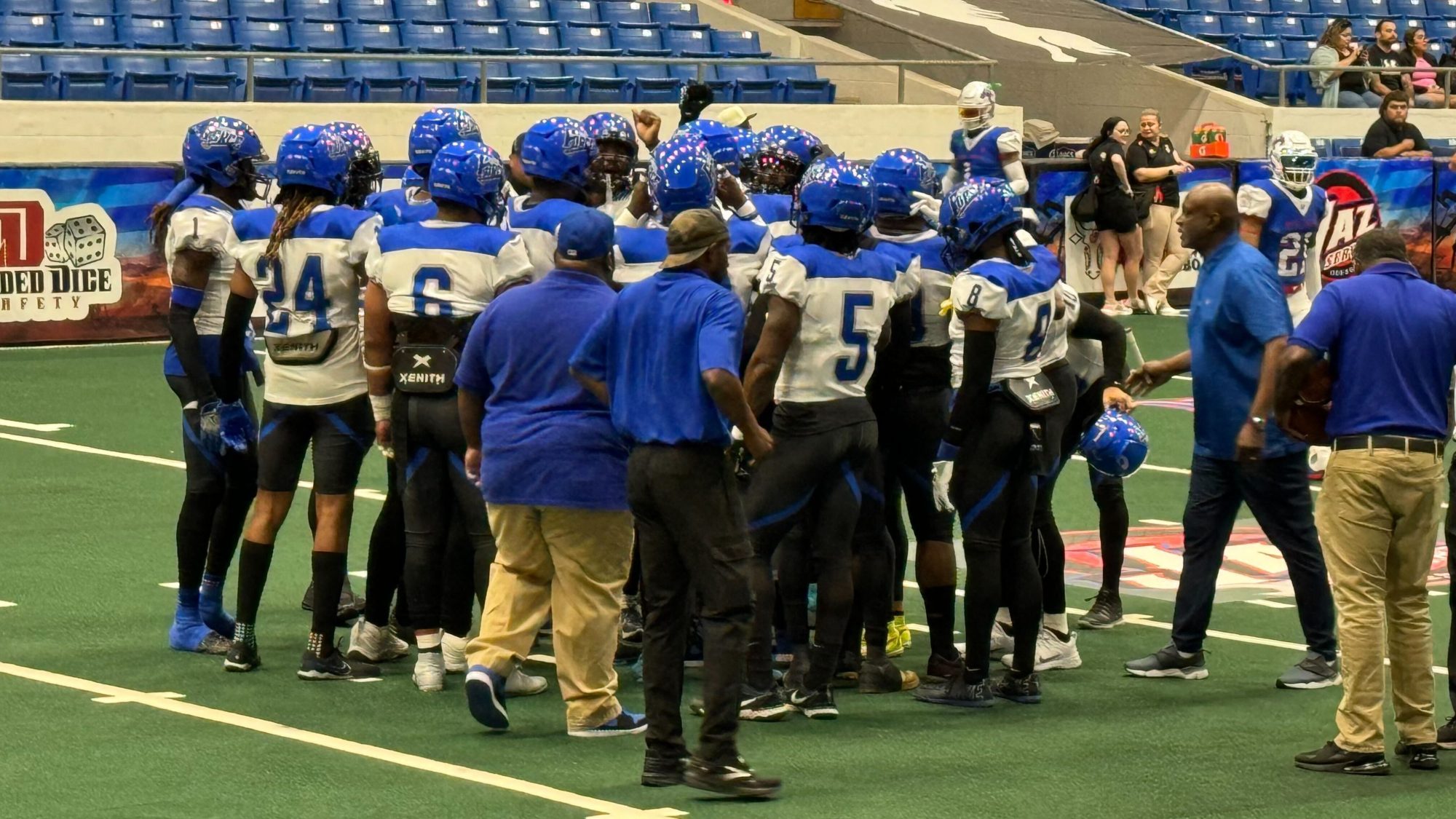
Signing the contract made sense at the time. If nothing else, remaining in state would allow him to keep all his part-time jobs—a substitute high school teacher in the Henry School District, his work as a private instructor under the umbrella of Tom House Sports, founded by the legendary pitching coach, and gig work like mowing lawns and cleaning attics—anything to keep his NFL dream alive.
“You have to be a hustler,” Arth said. Living in his parents’ basement defrays some of his costs, and Arth, unlike some teammates, doesn’t have to worry about caring for a wife or children. The constant grind “takes a lot but it works for me,” he added. “I’m blessed and fortunate to be where I’m at.”
In short order, Arth grew concerned. He spotted social media posts from the team promising that the season was starting soon, yet there were no player signing announcements, details about where and when training camp would be held, or information about where fans could buy tickets. Further, no one in the Force front office had asked for his banking information and social security number, or provided tax info to fill out. How, he wondered, could he possibly get paid?
“O.K., this is different,” Arth said to himself.
Though they hadn’t met yet, Camay was similarly spotting red flags. The 37-year-old South African–born kicker and father of two had workouts with the Philadelphia Eagles, Green Bay Packers, and Miami Dolphins after graduating from the University of Tennessee at Chattanooga, but it didn’t pan out. Like Arth, he kept plugging away playing for a string of indoor teams in lesser-known leagues.
Camay was hesitant when Roquemore tried to recruit him. “I’m married with two kids. I don’t have time for this,” was his initial thought, he told FOS. If he were to sign with the Force, it’d mean asking for days off and other accommodations from his day job as a sales director at a Kennesaw, Ga., auto dealership.
Eventually, he relented, despite a contract offer that started at $1,500 per game before it was reduced to $1,000. As was the case with Patterson, Camay said he was told by Roquemore that the team already paid him, so he didn’t have any reason to worry about their financial stability.
But unlike Arth, Roquemore had been keeping in touch with Camay. The kicker had taken it upon himself to seek out possible sponsorship opportunities starting in March and presented them to Roquemore.
The team didn’t seem particularly interested, according to Camay. It didn’t deter him. The initial Force schedule didn’t list any home games. So Camay began contacting local venue operators to see what was available. The coach told him, “The league doesn’t want this.”
Camay even went so far as to locate a silent party interested in investing $500,000 in the Force and becoming a part-owner in late March. (Camay declined to name the investor.) That offer was also rebuffed. “We need a million dollars,” Camay says Roquemore told him.
During training camp in April, Camay continued to press Roquemore about the importance of maintaining an active social media presence. Next season, he was told. There wasn’t enough time to make it happen now.
‘Your Money Should Be Here Today’
The first team meeting was held April 14 at a Savannah Suites hotel near the airport. No motivational speeches were given; no playbooks were distributed nor overarching football philosophies outlined. Roquemore spoke in broad terms, talking about overcoming obstacles and promising, “We’re going to be fine. It is what it is,” is how Camay remembers the talk. The overall tone was one of nonchalance. “It wasn’t setting us up for success,” Camay said.
Before the team meeting, players received an email instructing them to have a doctor conduct a full physical, Arth said. The Force would not cover the costs. Without insurance, it could run between $500 and $600, so he and some teammates went to a local Walgreens. That Monday, April 15, the first practice was held. The team didn’t provide pads, helmets, or uniforms; no one brought a ball, except for Arth, who always carried a few footballs with him and began throwing to receivers. On Tuesday, their equipment arrived, but not the footballs, which took until Wednesday. Even then, they ran only about three or four plays. Coach Roquemore remained sanguine.
“It’s a game of adaptation,” Arth remembered him saying.
The other assistant coaches finally appeared April 28 for the Force’s opening game against the West Texas Desert Hawks. At first, Camay said, the team had asked whether players could drive the 16 hours themselves to Odessa, Texas, before eventually booking flights.
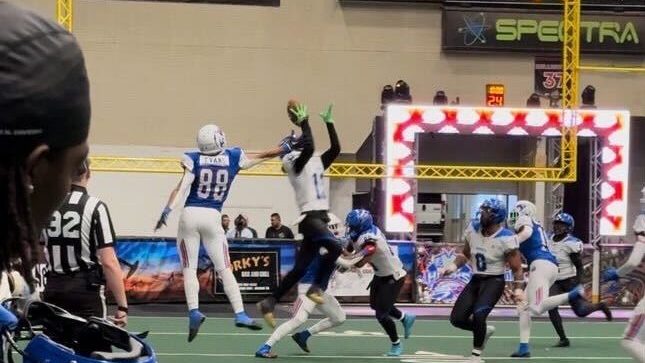
They were in the area for three days in total. They stayed in West Texas well after the game because the team didn’t book an immediate flight back, presumably to save money. For the most part, no food, save for complimentary hotel breakfasts, was provided. One meal was covered by Coach Roquemore, Patterson said. The coach called someone—Patterson can’t confirm whom—to approve the expense. It cost $433 for all of them to eat at a local buffet.
But after a few players were late for a meeting, Roquemore snapped, “You can figure out dinner for yourself,” according to Camay. More than half the team was sitting outside the hotel, with little ability to even get to a restaurant, let alone pay the tab. (No one on the roster had been paid yet.) Camay ended up calling an Uber and taking care of the bill, he said.
The Force lost, 51–28. They’d be paid Monday, they were told. That was enough to keep some of the players’ hopes alive, or at least convince them to keep showing up. “This is semi-pro,” Arth recalled thinking.
The next game was originally scheduled to take place in Louisiana on May 4 against the VooDoo. On Tuesday, April 30, they were informed by Coach Roquemore that they were going to Minnesota instead. The following night, the schedule was reworked again, and they were traveling to Oregon. One problem: The Blackbears’ home venue was using rigid, pad-less rodeo fencing and a venue too small for kickoffs. As a league-owned team, Georgia was ready to plow ahead, despite the safety concerns. But between all the scheduling changes and differing travel plans, all of which required coordination with their bosses at their day job, or rejiggering childcare and other familial responsibilities, only 16 Force players made the trip. “I have a job. I actually work,” Spann said. Georgia lost, 63–42. Oregon covered a bunch of their expenses, from meals to hotel rooms, he added. Their trainer even went so far as to tape their wrists and ankles.
Once again, Roquemore swore they’d be made right. “Just got off the phone with the commissioner. Your money should get here today,” Spann said the coach promised. There was one positive development: Force players were asked to submit their banking info before the Oregon game, which felt like progress.
The money never landed in their accounts. Monday’s practice was canceled at the last minute. The same went for Tuesday and Wednesday. No one knew whether they were going to take the field that weekend. On Thursday, May 9 at 8:55 p.m. ET, the hammer fell.
‘Sold A Dream’
The working conditions that the Georgia Force players were subjected to were not an outlier in the rebooted AFL. On May 11, the Minnesota Myth announced they couldn’t afford to make the trip to Albany to play the Firebirds. A source told Sports Business Journal that Minnesota had skipped out on “some payments to players and coaches once the season started.”
The site also highlighted that Minnesota is owned by commissioner Hutton’s wife, Diana Hutton. On May 13, the Myth franchise folded. Diana Hutton issued a statement blaming her inability to secure additional funding on acts of “sabotage” intended to force her husband’s resignation. That night, Hutton was replaced on an interim basis by former NFL coach and co–Nashville Kats owner Jeff Fisher.
The Iowa Rampage shut down operations easier than that, ending their season after one week. On May 15, the Oregon Blackbears, Louisiana VooDoo, and Philadelphia Soul followed suit. (The Blackbears reversed course two days later, announcing a tentative deal with the AFL to resume play despite not receiving the cash the team claims they were promised from the league.) Some Soul players were kicked out of a Super 8 motel rife with “drugs and prostitution” after the franchise disbanded, according to an agent, and their property was seized for nonpayment.
Like the Georgia Force, players “kept asking, ‘Will I get paid?’” Soul general manager Kelly Logan told The Philadelphia Inquirer. “When you’re focused on so many other things like that, it’s very difficult to win football games.”
Teams that didn’t fold weren’t faring much better. The Rapid City Marshals staged a wildcat strike on May 12, refusing to play unless they were paid what they owed. It didn’t happen. Rapid City forfeited the game against the Billings Outlaws. The Outlaws’ owner, Steve Titus, placed the blame squarely on the league office. So did Marshals co-owner Wes Johnson, who described the AFL as “a disaster,” adding that “leadership in the league has completely failed. They fail on 99.9% of the promises.”
While the Force players contemplate legal action, if nothing else, they want answers from the league. “Why would you do this?” Patterson asked. “People are chasing their dream. Why? What was your point of doing this?”
Arth has no plans to abandon his pro career. But it has opened his eyes to some of the realities.
“It just kind of feels like we’re being treated as an afterthought,” he said. “We were sold a dream that was too good to be true. Even I got fooled.”
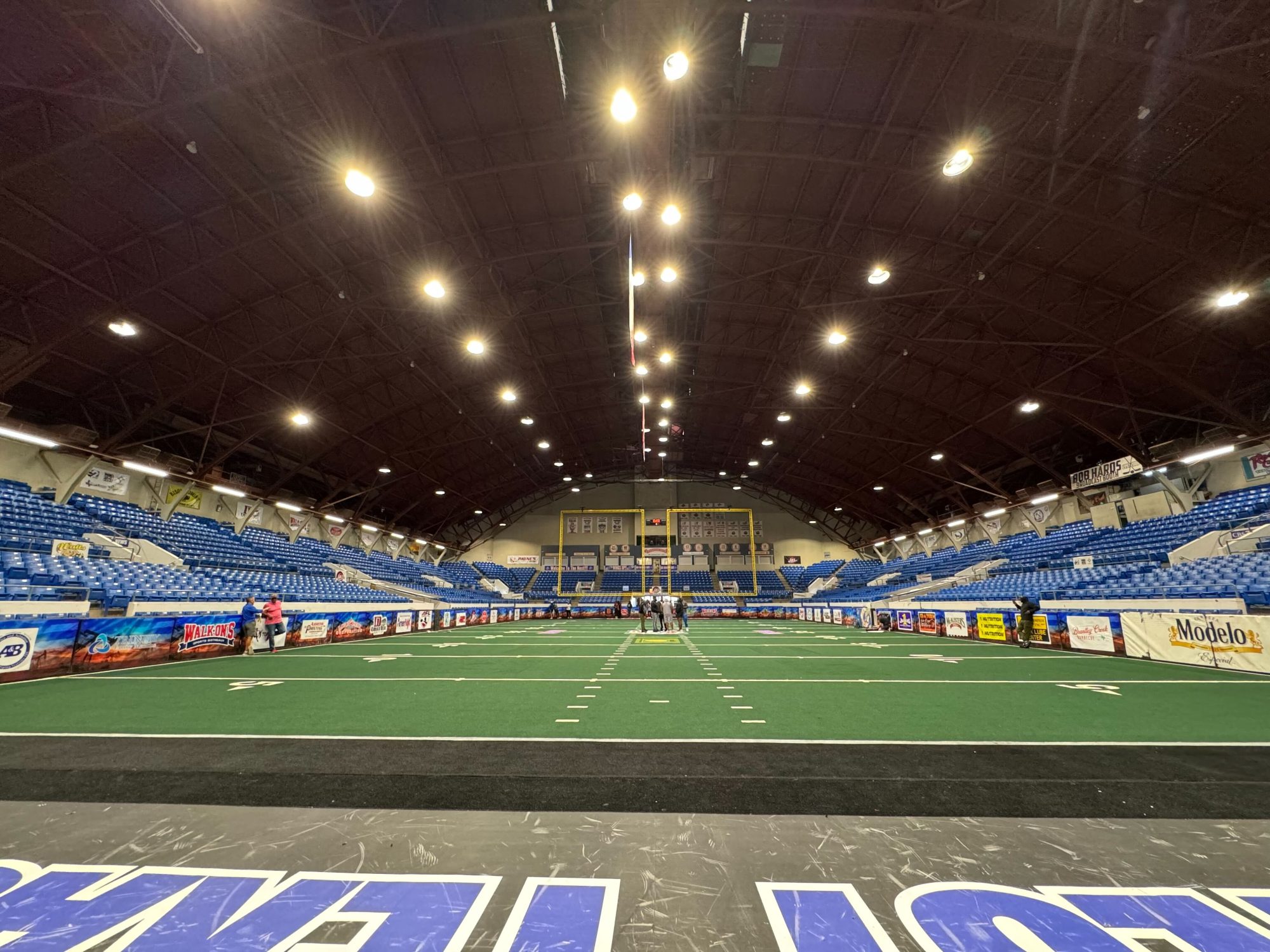
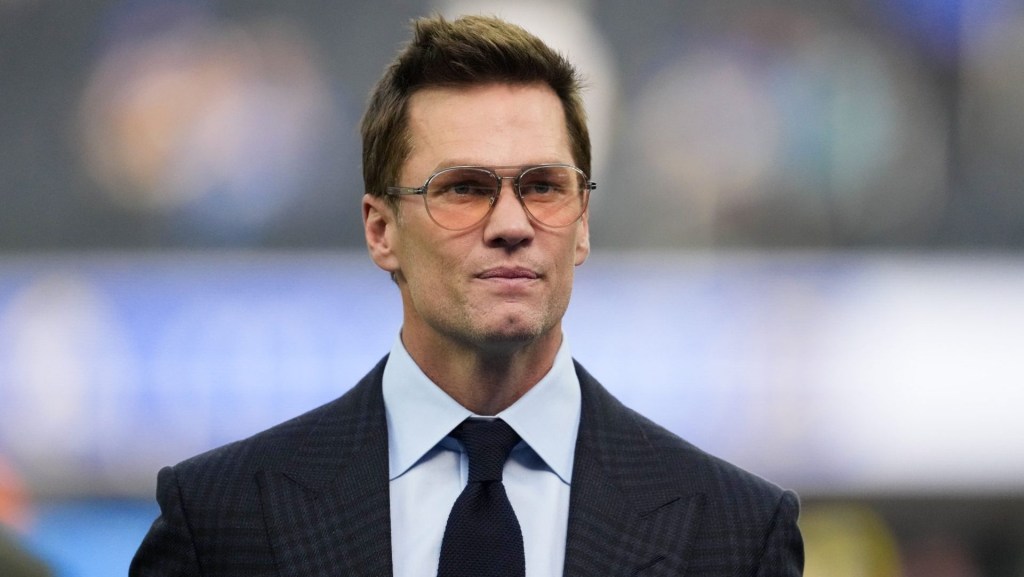
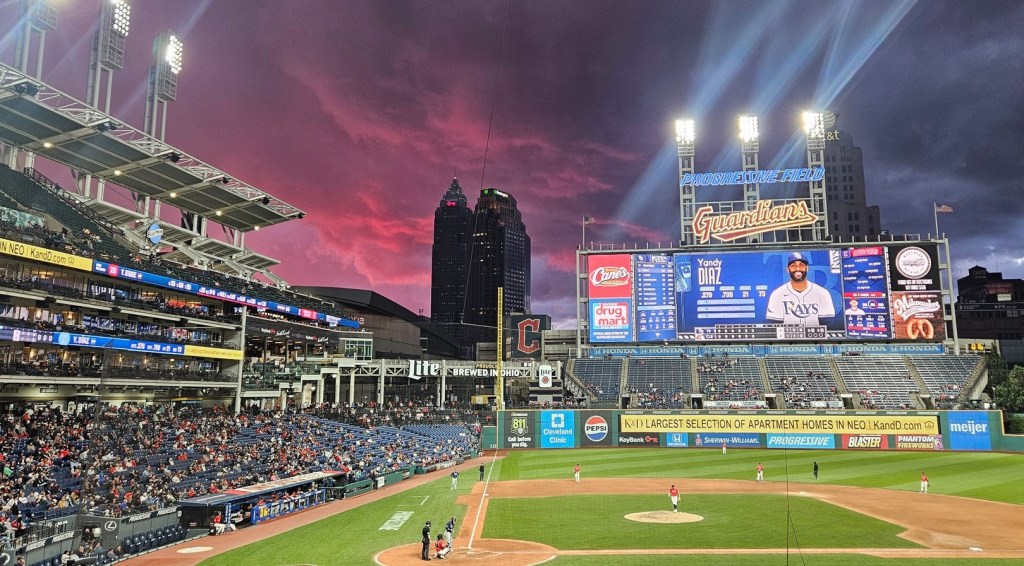
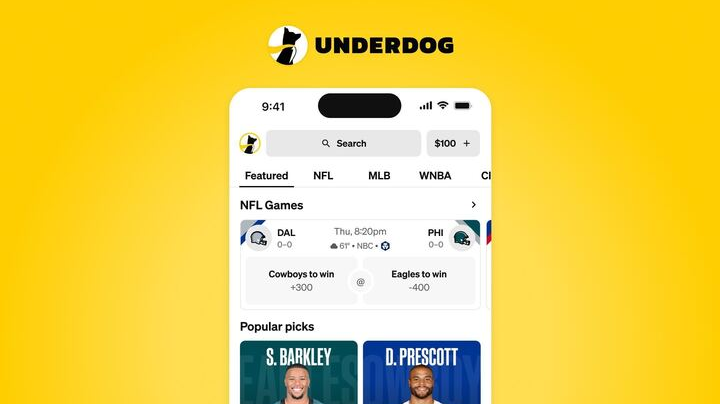
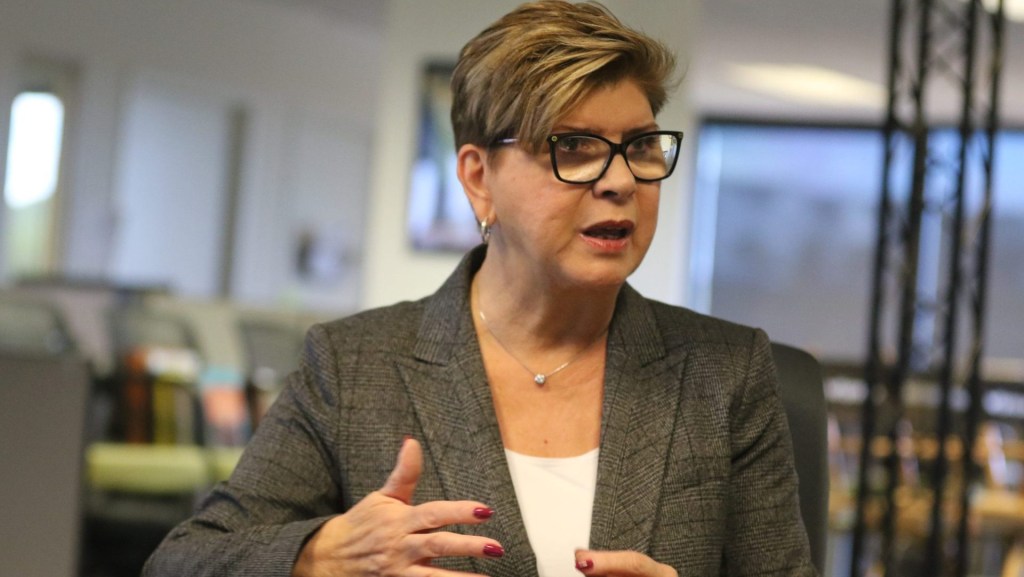


![[Subscription Customers Only] Jun 15, 2025; Seattle, Washington, USA; Botafogo owner John Textor inside the stadium before the match during a group stage match of the 2025 FIFA Club World Cup at Lumen Field.](https://frontofficesports.com/wp-content/uploads/2026/02/USATSI_26465842_168416386_lowres-scaled.jpg?quality=100&w=1024)
![[Subscription Customers Only] Jul 13, 2025; East Rutherford, New Jersey, USA; Chelsea FC midfielder Cole Palmer (10) celebrates winning the final of the 2025 FIFA Club World Cup at MetLife Stadium](https://frontofficesports.com/wp-content/uploads/2026/02/USATSI_26636703-scaled-e1770932227605.jpg?quality=100&w=1024)
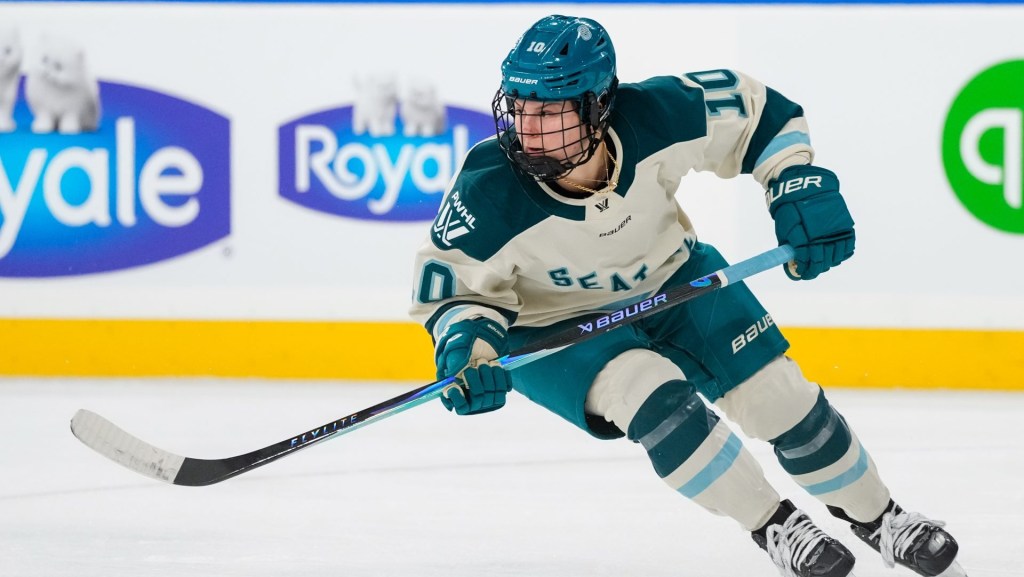



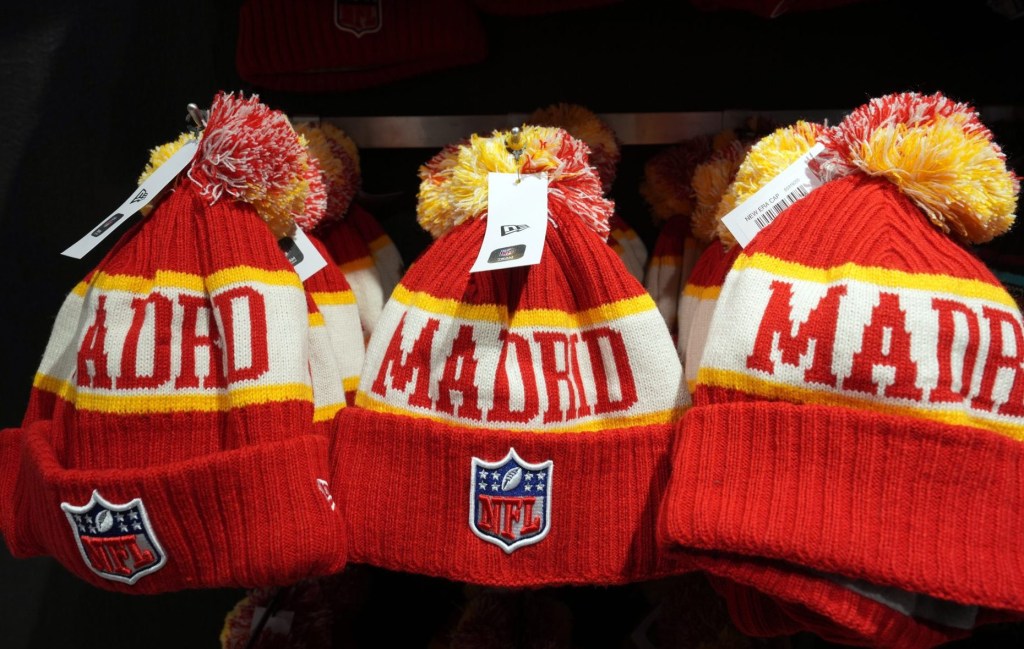
![[US, Mexico & Canada customers only] Feb 6, 2026; Riyadh, SAUDI ARABIA; Jon Rahm in action during the third round of play at LIV Golf Riyadh at the Riyadh Golf Club.](https://frontofficesports.com/wp-content/uploads/2026/03/USATSI_28173562_168416386_lowres-scaled.jpg?quality=100&w=1024)

![[US, Mexico & Canada customers only] Sep 28, 2025; Bethpage, New York, USA; Team USA's Bryson DeChambeau reacts after hitting his approach on the 15th hole during the singles on the final day of competition for the Ryder Cup at Bethpage Black.](https://frontofficesports.com/wp-content/uploads/2026/03/USATSI_27197957_168416386_lowres-scaled.jpg?quality=100&w=1024)
